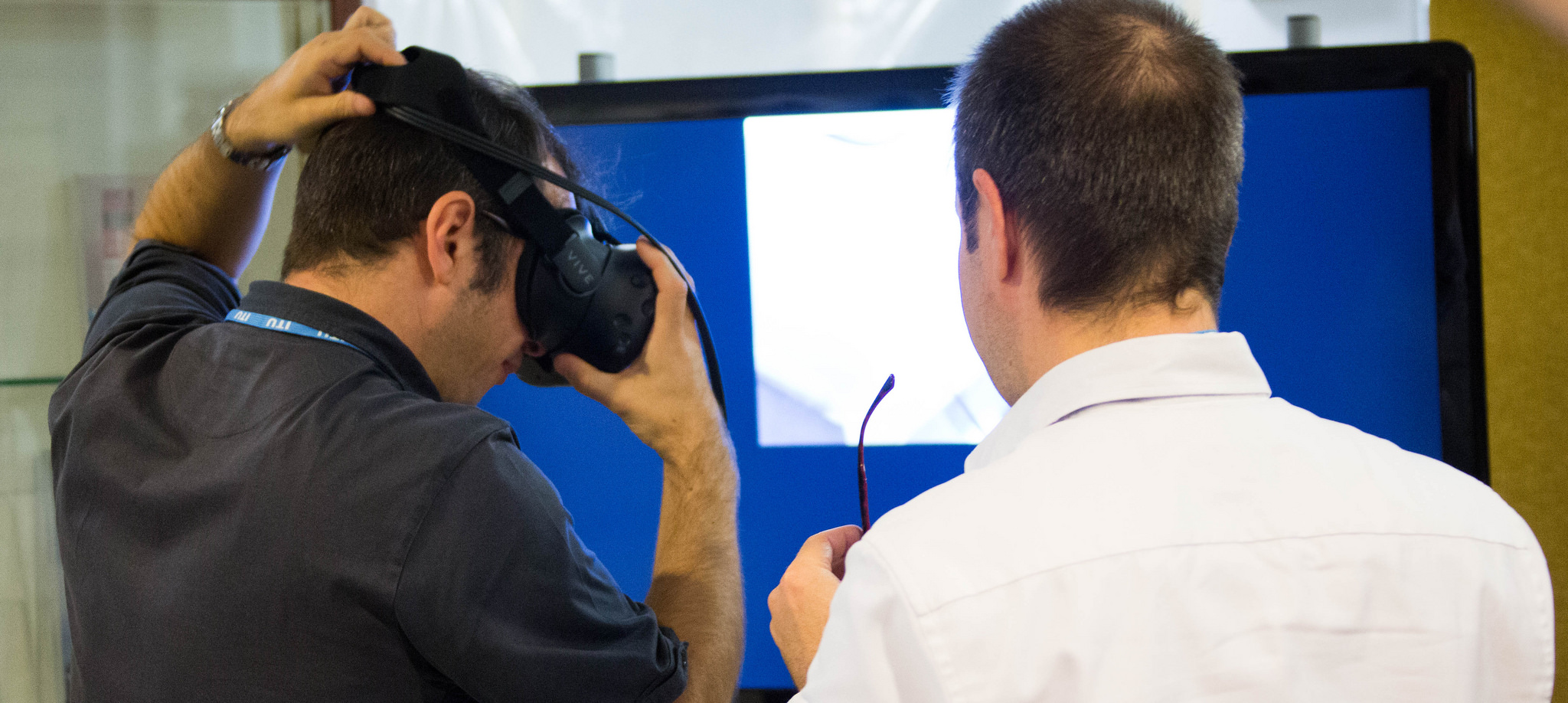Advances in human services technology occur worldwide, and the Spanish speaking community, with the third highest population in the world, is no exception. Special mention must be made of the research and intervention in cyberpsychology that two labs, one located in Spain and the other one in Mexico, have developed in recent years: the Cyberpsychology Lab (UNAM, Mexico), and the LabHuman.
LabHuman is located at the Biotech Institute of the Polytechnic University of Valencia (Universitat Politécnica de Valencia). The lab aims to improve human skills by using technology. Their research areas include autism, virtual environment “presence” and psychology assisted by immersive technology to treat mental health conditions. The notion of “presence” is interesting, exploring the mechanisms that persuade humans to forget that they are interacting in virtual reality.
Psychology assisted by immersive technology to treat mental health conditions includes projects to deal with phobias. Projects include environments to treat pathological gambling, animal phobia, claustrophobia, and agoraphobia. The most common approach is to use virtual reality environments to intervene with clients. Child obesity has also been treated by this lab as a mental health like condition.
Researcher from the Virtual Reality and Cyberpsychology Lab in the National Autonomous University of Mexico (UNAM, Mexico City) have organized the Colloquium on Cyberpsychology for a number of years from now.
An international collaboration between scholars from the Cyberpsychology Lab in Mexico City and European scholars has been fruitful, see, for example, the recent paper published in Cyberpsychology, Behavior, and Social Networking. This paper provides evidence that a virtual reality intervention may be more effective than face-to-face treatment effective in changing the attitudes and habits of obese teenagers.
Virtual reality interventions from the UNAM scholar, Georgina Cardenas, have also proven effective in treating PTSD as a consequence of exposure to public violence, a significant public health problem in Mexico.
Juan Enrique Huerta is a member of the husITa strategic board and an Associate Professor of Strategic Planning at the Popular University of Puebla in Mexico.
Image credit | ITU Pictures
